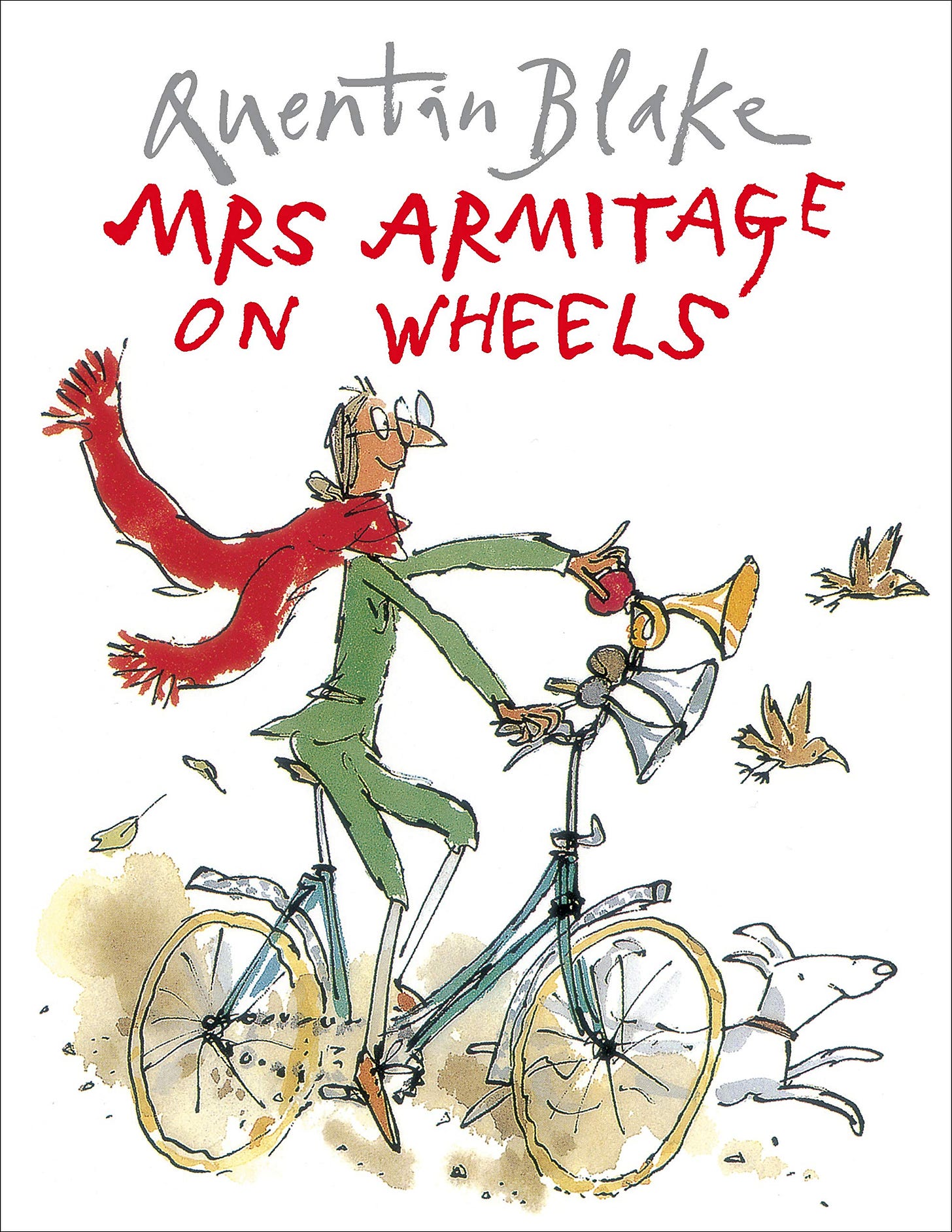Authenticity is a very popular term at the moment; to the point that it sometimes provokes an academic eye-roll.
In art, we sometimes use it to describe a sense of realness in our experience of making or perceiving a piece of work. In education, the dominant use at the moment has to do with the way in which the tasks we set our students prompt responses that are more or less in line with the types of things they will encounter outside the classroom.
Because authenticity is an abstract term it cannot have a single essential definition—it always requires some interpretation for it to be meaningful, especially in a practical sense. This is worth pointing out, because our options not only include working backwards to deduce its historical meanings, but also to propose useful interpretations that differ in some respects from what has come before.
This seems applicable to other inherently abstract concepts as well (e.g. knowledge, wellbeing).
This post owes some of its thinking to conversation with James Pawelski.

